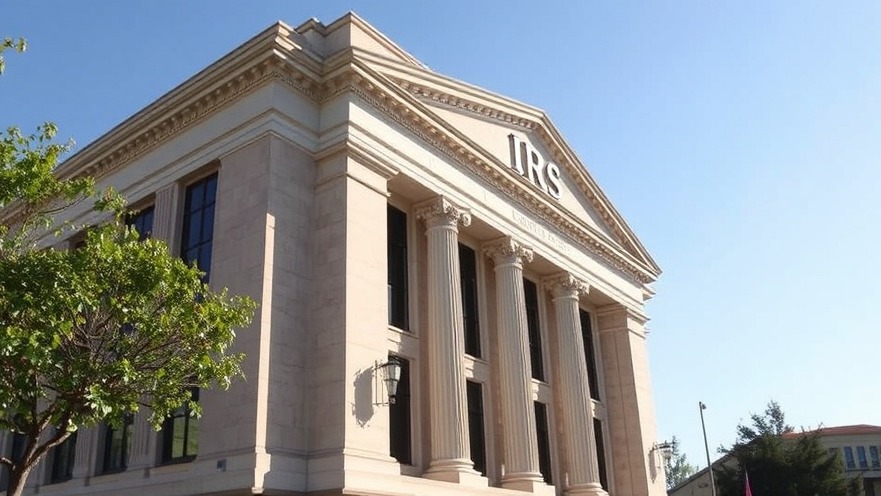
Texas Churches Gain New Political Clout with IRS Decision
With a recent ruling by the Internal Revenue Service (IRS) that allows churches to endorse political candidates, a significant shift is underway in Texas politics. This unprecedented move is seen as a potential game-changer for religious leaders, especially within the state's numerous megachurches.
A New Era for Political Engagement
Texas has over 200 megachurches, which play a crucial role in shaping local community values and beliefs. The IRS's lifting of restrictions on political endorsements is expected to empower these churches as influential political actors. Revered figures like Rep. Nate Schatzline, who also serves as a pastor at Mercy Culture Church, have welcomed the decision. He believes it validates the church's role in civically engaging the community. "There’s absolutely no reason that a politician should be more vocal about social issues than your pastor,” Schatzline stated at a recent meeting of conservative activists in Fort Worth.
The Historical Context of Church-Politics Separation
For over 70 years, church leaders were constrained by the Johnson Amendment — a federal statute that prohibited tax-exempt organizations, including churches, from endorsing candidates. This law, introduced by then-Congressman Lyndon B. Johnson in 1954, aimed to maintain a division between church and state, but that line is now becoming increasingly blurred. The recent IRS decision challenges the long-standing belief that religious institutions must remain politically neutral to safeguard their status and encourages a return to a more active, vocal engagement on political matters.
The Implications of Increased Church Endorsements
The potential for pastors to endorse candidates opens the doors for a new wave of mobilization among congregations. Experts like Ryan Burge from Washington University suggest that Texas is poised to become a testing ground for how this new policy will function. “Texas will be at the forefront of attempting new strategies that could influence political candidates and campaigns across the nation,” Burge asserts. As congregations like Schatzline’s expect their pastors to address pressing social issues openly, the church could become a powerful voter mobilization tool.
Political Mobilization: A Double-Edged Sword
While many conservative voices applaud the decision, there are concerns about the risks of politicizing religious spaces. Should congregations adopt a more hands-on approach to political endorsements, they could potentially alienate members who hold different political views. This division could escalate tensions within communities and lead to conflict over the role of the church in public affairs.
Future Trends in Faith and Politics
As the landscape of religion and politics continues to evolve, we may witness a transformative period where ministers act more like political leaders. Engaging various community issues such as immigration, education, and healthcare may become common practice in church services. The intersection of faith and political activism might reshape conversations around key issues in Texas, altering stakeholder dialogues in both realms.
What This Means for Texas Voters
For Texas voters, the implications of churches endorsing candidates could be profound. Those who align with the political ideologies promoted by their church's leadership may become more politically active, contributing to heightened engagement in local elections and state legislature discussions. Yet, as Pastor Schatzline indicates, the expectation from some congregants is that their pastors will boldly speak on "truth,” reinforcing the ideological leanings within the church community.
Conclusion: A Call for Awareness and Engagement
With this new IRS policy, it is crucial for congregations, pastors, and the citizens of Texas to remain aware of the evolving political climates around them. Engagement doesn't just signify the endorsement of candidates but reflects an active participation in shaping community values and policies. As churches test the boundaries of this newfound freedom, the political landscape in Texas is likely to shift significantly — an evolution that merits close observation.
 Add Element
Add Element  Add Row
Add Row 



Write A Comment